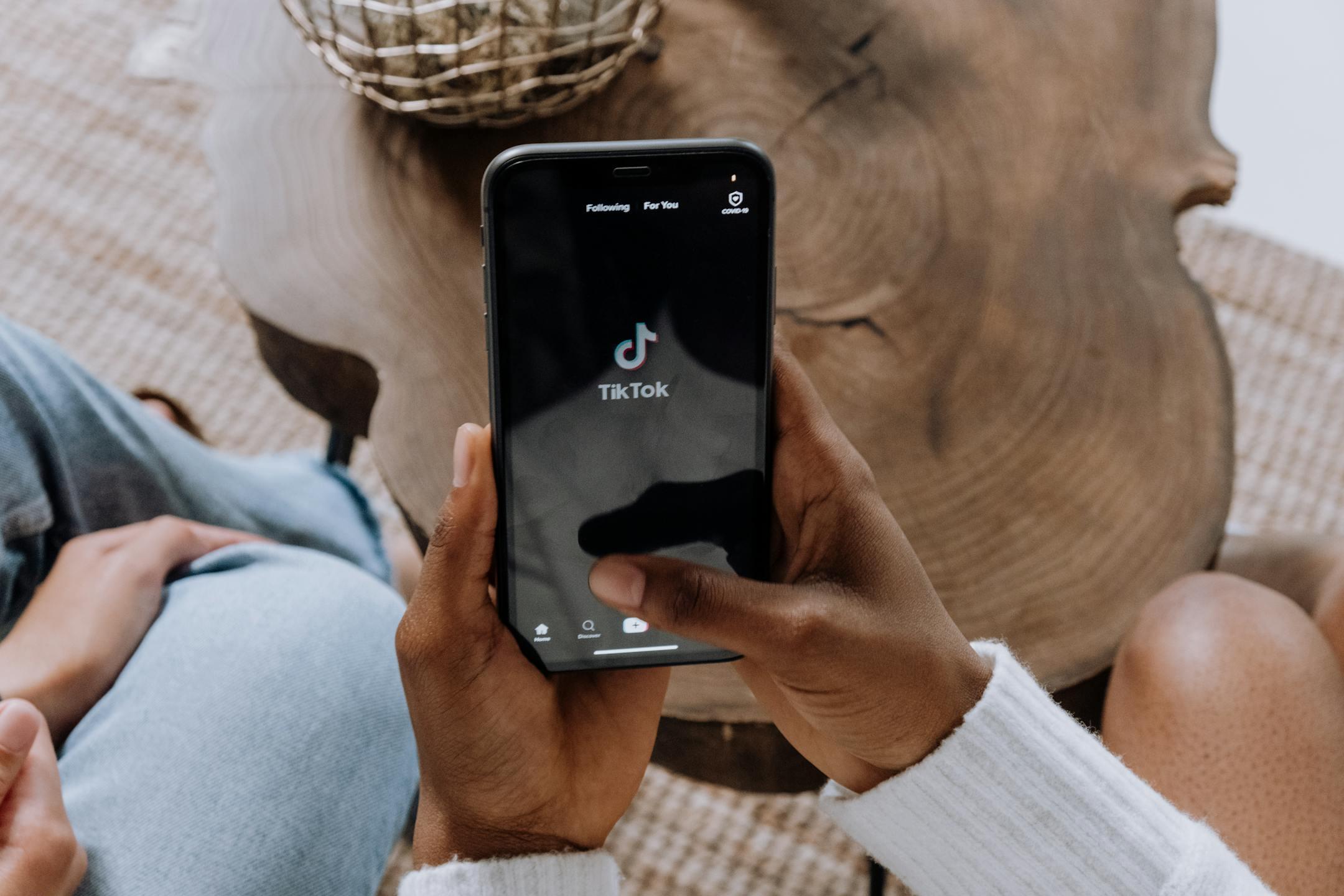
Social media can be a powerful tool — it connects us with friends across the world, gives us platforms to share our creativity, and even helps us grow businesses or careers. But for many people, what starts as connection quietly becomes a source of stress, comparison, and hypervigilance.
If you’ve ever noticed yourself feeling drained after scrolling, worried about how you’re perceived, or even watched by family and friends, you’re not alone. Research shows that heavy social media use is associated with higher levels of anxiety, depression, and loneliness, especially when it leads to comparison or passive consumption (Twenge & Campbell, 2018; Appel et al., 2020).
1. Energy check.
Ask yourself: Do I feel better or worse after being on the app?
If you often leave feeling anxious, jealous, or mentally exhausted, that’s a sign your nervous system is taking a hit. Studies show that upward social comparison — measuring yourself against curated images of others’ lives — can increase feelings of inadequacy and lower self-esteem (Vogel et al., 2014).
2. Return on investment.
Is this helping me reach my goals, or just consuming my time and peace?
Social media can be a great tool when it aligns with personal or professional goals — like connecting with community, sharing meaningful work, or learning new skills. But when scrolling becomes habitual rather than intentional, it often replaces activities that truly fuel well-being, like rest, in-person connection, or hobbies.
3. Boundaries.
Do I feel like I can control how I use it, or does it control me?
If you feel a compulsion to check notifications, post for approval, or monitor how others see you, the app may be controlling more of your energy than you’d like. Research on problematic social media use shows it can activate reward systems in the brain similar to addictive behaviors (Andreassen, 2015).
For people from collectivist cultures, social media brings an extra layer of pressure. Many clients describe feeling constantly “watched” — not only by friends or peers, but also by extended family or community members. In cultures where reputation, respect, and family honor are highly valued, social media can become a public stage for judgment or comparison. This surveillance-like feeling increases stress and can make it harder to truly express yourself online (Naeem, 2021).
Sometimes, the healthiest move is to take a step back — whether through:
Social media should serve you, not the other way around. Protecting your peace and mental health is always more important than maintaining an online presence.
Taking breaks doesn’t mean you’re weak, antisocial, or “falling behind.” It means you’re choosing intentional living over autopilot scrolling. When you reclaim your time and energy, you open more space for real-life connection, creativity, and growth — on your own terms.
_____
If you’re ready to break patterns, build clarity, and feel seen— Book a free 15-minute consultation or schedule your first session today!